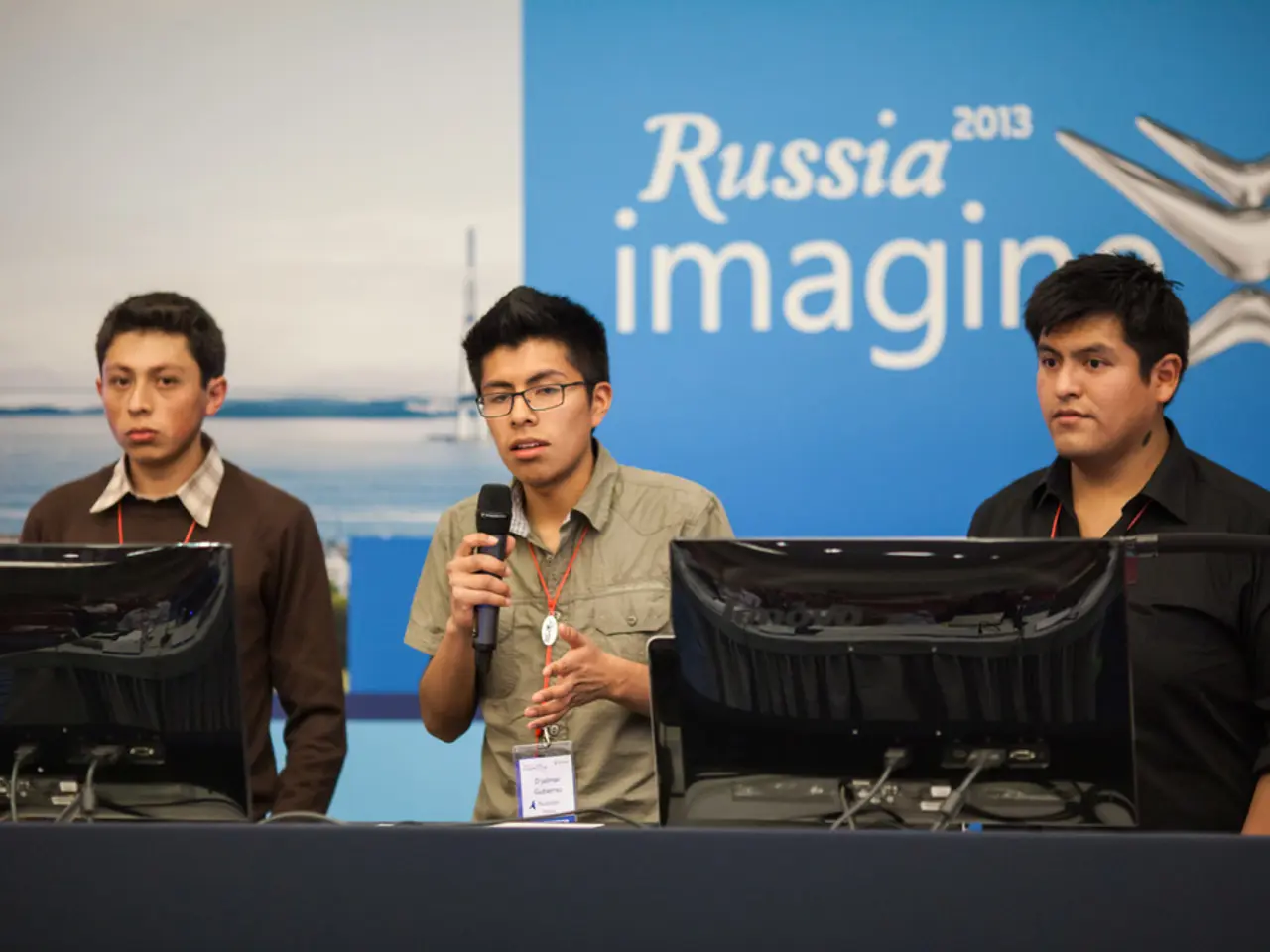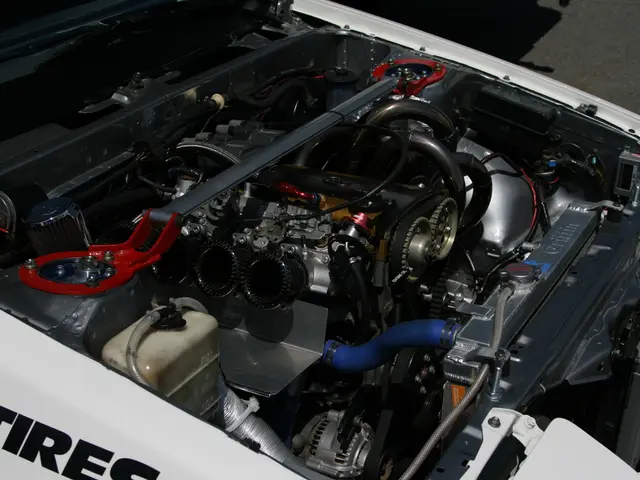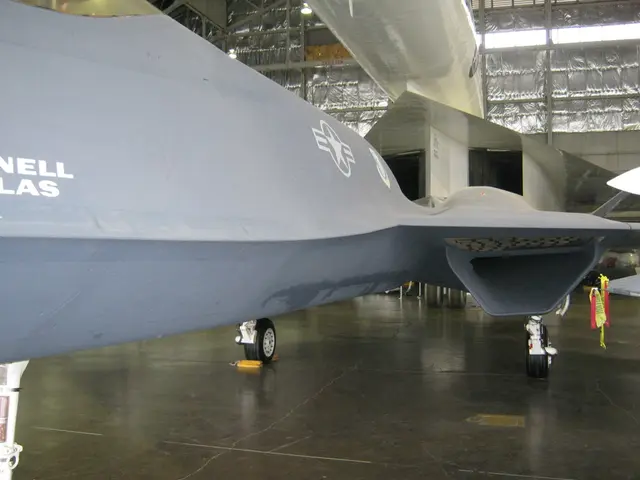Beijing authorities advocating caution towards NVIDIA's H20 AI GPUs due to trust concerns
In the midst of escalating tensions between the U.S. and China over advanced AI technology, Chinese authorities have expressed concerns about NVIDIA’s H20 AI GPUs. These concerns are primarily driven by national security and political implications, as the H20, although a somewhat limited version of NVIDIA’s high-end AI chips, remains powerful enough to raise alarms about China's rapid AI development.
The context behind this concern includes U.S. export controls since 2022, aimed at preventing China from acquiring the most advanced AI accelerators like NVIDIA’s A100 and H100. In response to tightened U.S. restrictions, NVIDIA designed the H20 GPU specifically with reduced capabilities to comply with export rules. However, in April 2025, U.S. authorities abruptly banned even the H20 exports to China, signaling that any sufficiently capable AI hardware was politically sensitive.
China designated shipments of NVIDIA’s H20 GPUs as strategic assets and instructed domestic cloud providers to halt new purchases to examine the chips for potential security threats. This move indicates Beijing’s concern about possible vulnerabilities or espionage risks, as well as the desire to reduce dependence on U.S. technology and boost domestic alternatives.
The political implications include the technology competition and trade conflict between the U.S. and China: U.S. sanctions aim to slow China's AI advancement, while China aims for semiconductor self-sufficiency but still faces ecosystem and performance limitations in domestic chips. The security concerns on both sides center on the dual-use nature of AI chips: powerful AI accelerators can be used not only for commercial applications but also for military AI, surveillance, and other strategic purposes, making their export and use tightly controlled and politically sensitive.
NVIDIA, the leading supplier of AI GPUs worldwide, has been affected by these concerns. As part of the final deal to receive export licenses, NVIDIA and AMD agreed to pay 15% of revenue garnered from AI GPU sales to China, specifically from NVIDIA's H20 and AMD's MI308 chips. NVIDIA estimated a need for 300,000 more H20 AI chips from TSMC to meet China's demand, in addition to the 600,000 to 700,000 chips already stockpiled.
In an attempt to assuage the fears of the Chinese market, NVIDIA published a blog post titled "No Backdoors. No Kill Switches. No Spyware." However, the situation could get worse for NVIDIA before long, as Beijing is pressuring major firms to produce answers as to why they are purchasing NVIDIA’s H20 GPUs.
The AI GPU export ban was reversed on July 14, as announced in an NVIDIA blog post. President Trump called NVIDIA’s H20 chips "obsolete" during an August 11 press conference, but the reversal of the ban was a result of an agreement between NVIDIA CEO Jensen Huang and President Trump. The exact terms of the agreement remain undisclosed.
- The political landscape surrounding advanced AI technology is fueling concerns, as evidenced by Chinese authorities' worries about NVIDIA’s H20 AI GPUs, due to their potential implications on national security and business.
- Following tightened U.S. restrictions, NVIDIA designed the H20 GPU with reduced capabilities to comply with export rules, but its sale was later banned in April 2025, signifying that any sufficiently capable AI hardware is potentially sensitive.
- Domestic cloud providers in China were instructed to halt new purchases of NVIDIA’s H20 GPUs to examine for potential security threats, indicative of China’s efforts to reduce dependence on U.S. technology and bolster domestic alternatives.
- The technology competition and trade conflict between the U.S. and China is at the forefront of these concerns, with U.S. sanctions aiming to slow AI advancement, while China pursues semiconductor self-sufficiency despite encountering ecosystem and performance limitations in domestic chips.
- In an effort to address Chinese market fears, NVIDIA published a blog post titled "No Backdoors. No Kill Switches. No Spyware," but doubts around the H20 chips' use persist, as Beijing pressures major firms for explanations on their purchases.
- The ban on AI GPU exports was eventually reversed on July 14, as announced by NVIDIA, following an agreement between NVIDIA CEO Jensen Huang and President Trump, although the terms of the agreement remain undisclosed.




